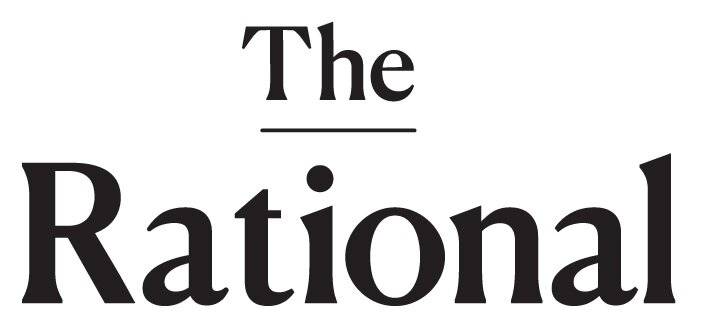Venezuela’s Political Standoff Continues...
While the country faces corruption and supplies shortages.
Credit:
Jon Tyson @jontyson
Venezuela is suffering through one of the world’s worst humanitarian and economic crises, and has requested any aid to support the country’s economic structure and its people. Fortunately, an important development in the power struggle that has taken over Venezuela happened in April: the ruling government allowed the Red Cross to send in its first shipment of aid—mostly consisting of medical equipment and emergency supplies—as part of an international relief campaign toward Venezuela. Despite access to aid, conditions in the country remain the same while the political battle between President Nicolás Maduro’s administration and the opposition, led by President of the National Assembly Juan Guaidó, over control of Venezuela’s government continues.
What is it?
Before the power divide, the country was already experiencing an economic depression that traces back to the rule of former president Hugo Chavez. As the largest oil reserve in the world since the 1920s, Venezuela’s main export has been oil. Thus, the country enjoyed a prosperous existence as one of the richest nations in Latin America at the time.
When oil prices skyrocketed, Chavez was quick to capitalize on it. Venezuela became what is known as a ‘petro-state’ and its oil industry was nationalized under the state-run company Petroleus de Venezuela. This meant that the government had full monopoly over its oil sales, leaving virtually no room for other domestic or foreign contributions to its economy.
When the global finance crisis of 1998 hit, oil prices plummeted and so did Venezuela’s economy. A deteriorating state was further exacerbated by rampant corruption within its government. Then in January this year, the National Assembly announced Guaidó as Venezuela’s acting president following public protests against Maduro’s alleged illegitimate reelection. The move invokes a Constitutional clause that describes the legal structure for presidential succession, stating that if an elected President is unable to assume office, the leader of the National Assembly will serve as interim. With Maduro’s reelection having been broadly criticized and seen as illegitimate by the international community, the National Assembly essentially claimed that no election had occurred at all, and therefore no elected president existed within the country who could assume office. Some likened Guaidó’s announcement to a coup, yet his interim presidency is recognized by roughly 50 other countries, including nearly every country in Europe, South America, and North America.
Why is this important?
Since Guaidó’s challenge against Maduro in January 2019, conditions in Venezuela have arguably worsened with longer blackouts—the worst power outage lasted an alarming six days—and growing shortages of food, water, and medicine. Those who can afford to leave have fled to neighboring countries like Colombia and Brazil. The United Nations has estimated as many as three million Venezuelans have left, an exodus of roughly 10 percent of the entire population. It is plain to see that the national conflict has evolved into an international refugee crisis as more residents opt to leave the country to escape to a better life. Some researchers predict that a worst case scenario could see the number of Venezuelan refugees reach 16 million people, an astronomical amount that would surpass the Syrian refugee crisis.
What’s next?
The current White House administration has announced more sanctions in addition to the ones that the US had already imposed on Venezuela’s oil. The extended sanctions to the Central Bank of Venezuela are meant as a tactic to cut the bank off from access to US currency. This would limit the country’s ability to conduct international money transactions so that the US could put pressure on Maduro’s administration. Economic sanctions, however, often run the risk of causing more harm to the general citizenry than to the targeted government leaders. As for the political standoff, both sides recently met for negotiations during a mediated meeting in Oslo, Norway, but no agreement could be made.

















